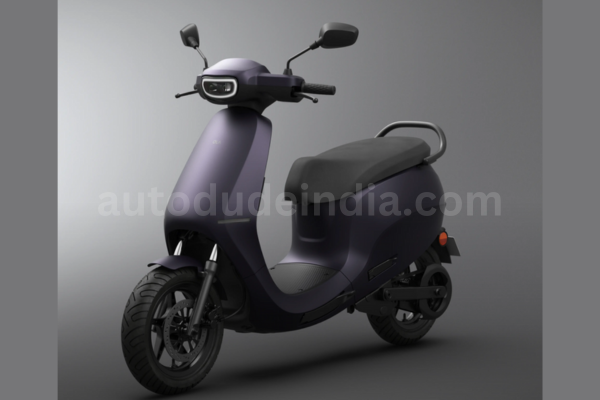Tesla CEO Elon Musk has announced the postponement of his much-anticipated visit to India, where he was scheduled to meet Prime Minister Narendra Modi and several startup founders. Musk cited “very heavy Tesla obligations” as the reason for the delay but expressed eagerness to visit later in the year.
The decision comes on the heels of Tesla’s efforts to reaffirm shareholder approval for Musk’s $56 billion compensation package, which was originally approved in 2018 but rejected by a Delaware judge in January this year.
This development coincides with recent consultations between the Indian government and key players in the automobile industry, including Tesla representatives, to finalize guidelines for implementing the new Electric Vehicle (EV) policy released last month. The policy aims to provide clarity on investments in EV manufacturing, a sector that is still in its infancy in India.
Under the new EV policy, Tesla and other manufacturers investing a minimum of Rs 4,150 crore in India will benefit from lower import duties for a limited number of EV imports. The policy allows for the import of completely built-up (CBU) cars at a reduced 15% import duty, fulfilling Tesla’s request for tariff concessions as a condition for establishing a manufacturing plant in India.
India’s automotive sector is currently the world’s third-largest market and is experiencing rapid growth. The sector’s current market size is estimated at Rs 12.5 lakh crore and is expected to surpass Rs 24.9 lakh crore by 2030, contributing over 7.1% to the country’s GDP.
Musk’s delayed visit underscores the importance of the evolving EV policy framework in India and its implications for global automakers looking to capitalize on the country’s burgeoning automotive market.




